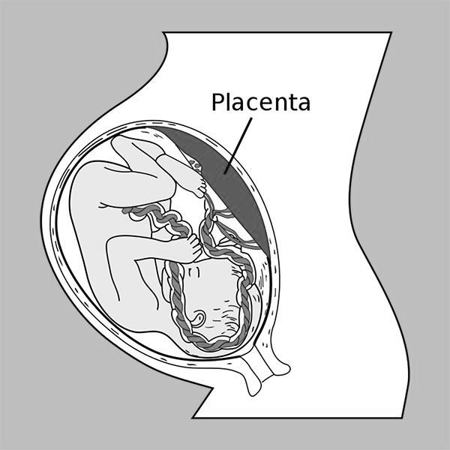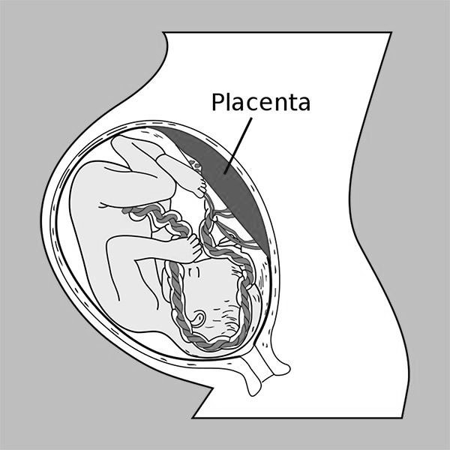MIMETAS Joins Consortium to Develop Advanced In Vitro Placenta Models

March 17, 2018 – MIMETAS is part of a consortium to develop in vitro placenta models. The objective of the iPlacenta project is to develop state-of-the-art models to mimic the placenta in vitro. This Huffington Post article stresses the importance of modeling what is probably the most important organ in the human body, giving life to us all.
The placenta rapidly develops throughout gestation and is a unique organ getting blood supply from both the mother and the child. It is made up of maternal and fetal vessels, with numerous highly branched villi lined with trophoblasts that facilitate gas, nutrient, and waste exchange.
Placenta-on-a-Chip
MIMETAS' OrganoPlate® technology offers

unique functionalities, not possible with conventional 2D or 3D culture, allowing to better replicate the complex placenta tissue architecture. Currently, tissue culture using explants from the delivered placenta offers the only routine method to study the whole multicellular placenta ex vivo. This restricts our ability to understand the dynamic cellular interaction in normal and diseased placenta, since the explants are from delivered term placenta and are no longer under the same haemodynamic forces. Additionally, human tissues have to be obtained straight from delivery, limiting the availability and reproducibility.
The aim of the project is to develop a placenta-on-a-chip model and validate it in different labs. Within the project, young EU scientists will benefit from training in this rapidly growing field.
Partners and funding
Partners in the project are: Aston University, St Georges Hospital (UK), INSERM (FR), Katholieke Universiteit Leuven (BE), University College Cork (IE), University of Rostock (GER), University Hospital of Valencia (SP) and University of Torino (IT).
This project has received funding from the European Union’s Horizon 2020 research and innovation programme under the Marie Skłodowska-Curie grant agreement No. 765274.
